Did you know that around 19.7 million adults aged 12 and above faced substance use disorders in 2017? This eye-opening data from the National Survey on Drug Use and Health sheds light on the impact of drug use in our society. While the physical effects of drug abuse are commonly discussed, it’s equally important to understand how drugs can intricately alter brain chemistry.
Drugs impact brain function by influencing neurotransmitters, which are which are essentially the brain’s chemical messengers. This leads to changes in mood, behavior, and cognitive functions.
Long-lasting Effects of Drug Abuse
The lasting impacts of drug usage on brain chemistry have been a topic of research. It has been discovered that prolonged drug use can alter both the functioning and structure of the brain, affecting abilities and behavior over time.
Continued drug use can result in enduring modifications to brain chemistry, impacting neurotransmitter systems, neural circuits, and overall brain function. After stopping drug use, these changes can occur. Drug abuse can influence behavior, decision-making processes, and emotional regulation in individuals dealing with addiction.
As someone becomes tolerant to a drug, their brain adjusts to its presence, necessitating doses to achieve the desired effects. This adjustment is due to changes in neurotransmitter systems and receptor sensitivity as the brain strives to maintain equilibrium despite drug exposure.
Dependence involves both psychological reliance on a substance for functioning. Physically, withdrawal symptoms may occur when drug use is discontinued. Psychologically, cravings and compulsive behaviors related to seeking out drugs are driven by alterations in brain chemistry and reward pathways.
Neuroplasticity is the brain’s ability to reorganize itself by forming connections throughout life. While drugs can cause changes in pathways, neuroplasticity also provides hope for recovery.
The brain can adjust and recover with care and assistance, gradually improving abilities and emotional well-being.
Recovery methods encompass holistic treatment strategies that consider both the mental aspects of addiction. Therapeutic interventions, counseling sessions, and medications can aid individuals in managing cravings, acquiring coping mechanisms, and reconstructing pathways crucial for lasting rehabilitation.
Recognizing the enduring impacts of substance use on brain function emphasizes the significance of intervention and evidence-supported therapies in lessening these effects.
Parkdale Center: A Holistic Approach to Drug Rehabilitation
At Parkdale Center, individuals struggling with substance use disorders discover a nurturing environment focused on growth and complete recovery. This known drug rehabilitation facility highlights the importance of support in overcoming addiction, understanding that effective treatment involves more than just stopping drug use—it involves deep personal healing and growth.
Parkdale Center serves as a beacon of hope for those seeking recovery from addiction. Nestled in a healing setting, the center offers a wide range of services tailored to meet the unique needs of individuals on their path to sobriety. By building a community and incorporating evidence-based practices, Parkdale Center empowers individuals to regain control of their lives and achieve lasting well-being.
The facility provides an array of treatment programs that cater to levels of need and readiness for recovery. Whether individuals require care in a setting with the flexibility of outpatient services or the structure offered by intensive outpatient programs, Parkdale Center ensures access to varied care options.
These programs combine approaches, including Cognitive Behavioral Therapy (CBT), that target distorted thinking patterns and harmful behaviors associated with addiction. Furthermore, personalized counseling sessions provide guidance, while group therapy fosters peer support and collective healing.
Finding Comprehensive Drug Rehab Services at Parkdale Center
It’s important to recognize the effect drugs have on brain chemistry and seek professional assistance if dealing with substance abuse issues. Addiction is a condition. Seeking help marks the first step towards a healthier, more meaningful life. Whether it’s you or someone you know struggling with addiction, seeking support is critical to embarking on the path to recovery.
Parkdale Center empowers individuals with the tools and encouragement needed for recovery.
Just know that there’s always hope for a comeback. When someone starts reaching out for assistance, they embark on a journey of healing and growth, with experts and a caring community supporting their wellness. Choose Parkdale Center to help you on your journey back.

